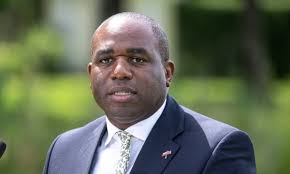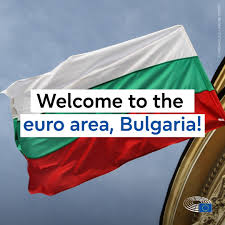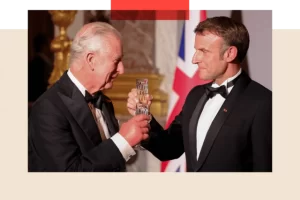Labour to seek joint declaration with EU on wide-ranging security pact

As part of the new government’s plan to reset its relations with the EU and bring “an end to the Brexit era”, Lammy told the Guardian that a broadly defined security deal would not undermine Labour’s commitment to remain outside the EU’s single market and customs union.
Under Labour plans, the pact would see the UK work more closely with the bloc on a slew of areas related to security, ideally without the need for a legally binding deal, which could take years to agree.
Lammy has also accepted an invitation from the EU foreign affairs chief, Josep Borrell, to attend the October meeting of the EU foreign affairs council – something that was rejected by the previous Conservative government.
It is rare for non-EU states to attend the foreign affairs council, and Labour thinks it may be possible to go on an irregular basis if the planned security pact develops.
In an interview during his first trip to Europe as foreign secretary, Lammy said: “We said in our manifesto we wanted an ambitious security pact, and that’s because we have been speaking to Europe about this for the last few years, and I think there is an appetite, particularly following the war in Ukraine and the challenges that EU faces in relation to energy and climate, to go broader than just defence.
“So you have to obviously get into discussions with Europe and find those issues of mutual interest. My hope is that once, of course, the new European leadership is in place, we can progress this with a joint declaration of some kind. Obviously, underneath that would be buckets of work streams.”
Labour is said to be leaning against a legally binding joint document that, as well as taking years to negotiate, could also start to conflict with separate work on reviewing the UK-EU Trade Cooperation Agreement, a negotiation that may last until 2026 and is unlikely to begin until a new EU Commission has been appointed.
Labour thinking in relation to a security pact is to see if it can establish something similar to the EU-US technology council that has a number of subcommittees, and holds an annual summit. The UK is one of the few external partners with which the EU holds no annual summit.
Asked whether the security cooperation could extend to issues such as cybersecurity, illegal migration, pandemics, decarbonisation and access to critical minerals, Lammy said: “Yes, it could.”





